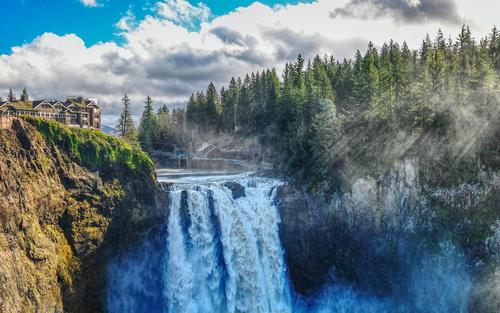Exploring the Fascinating History of Popular Culture
Popular culture is a constantly evolving entity that encompasses diverse elements, including music, fashion, film, television, literature, art, and more. It’s a reflection of society’s modern-day life, shaping and influencing its perspectives, ideas, and values. While the term ‘popular culture’ might seem relatively new, its roots can be traced back centuries, entailing various historical and cultural contexts that contributed to shaping it into what we know today. This blog post explores the history of popular culture, highlighting its key milestones and turning points, and how it continues to shape society.
Origins of Popular Culture
The origins of popular culture can be traced back to the ancient Greeks and their theater performances, which were often comedic, musical, and sexual in nature, reflecting the everyday life of the common people. Equally, ancient Roman circuses, chariot races, and gladiator games were forms of entertainment that the masses enjoyed. The medieval period brought tales of King Arthur and his knights, and tales of Robin Hood, which had a significant impact on English literature and folk culture. Similarly, the Renaissance period saw the emergence of opera, theater performances, and the beginning of popular festivals like the Carnival.
Rise of Popular Culture
The 19th century marked a massive shift in popular culture, with the rise of mass-produced media, including newspapers, magazines, and literature. The emergence of the novel, particularly popular among the middle class, signaled a new form of entertainment and popular culture. At the same time, the Industrial Revolution led to significant technological advancements, including the invention of photography and the advent of motion pictures, which opened up new possibilities for mass entertainment.
Modern-Day Popular Culture
The 20th century marked a significant shift in popular culture, with the emergence of Hollywood cinema and the explosion of popular music genres like jazz, rock n roll, and hip hop. Television and radio also emerged as prominent mediums of entertainment, dominating the 20th century, and shaping popular culture. The period also saw the emergence of comic books, video games, and anime, which continue to remain an integral part of popular culture.
Impact of Globalization
Globalization has had a significant impact on popular culture, with the spread of Western culture influencing various parts of the world. Hollywood movies dominate the global box office, and American music has become popular across the globe. Similarly, the impact of the internet has created new forms of popular culture, including social media influencers, YouTube vloggers, and webcomics, among others. These new forms of media have contributed to a democratization of popular culture, allowing diverse voices and perspectives to be heard, and new stars to emerge.
Conclusion
Popular culture is an ever-shifting entity that evolves with society. Its origins can be traced back centuries, and it continues to have a significant impact on contemporary society. As technology and media continue to evolve, new forms of popular culture will undoubtedly emerge, and traditional forms will adapt to the changing landscape. Understanding the history of popular culture can give us a better understanding of how it continues to shape our society and help us appreciate the diverse elements that make up this fascinating entity.
(Note: Do you have knowledge or insights to share? Unlock new opportunities and expand your reach by joining our authors team. Click Registration to join us and share your expertise with our readers.)
